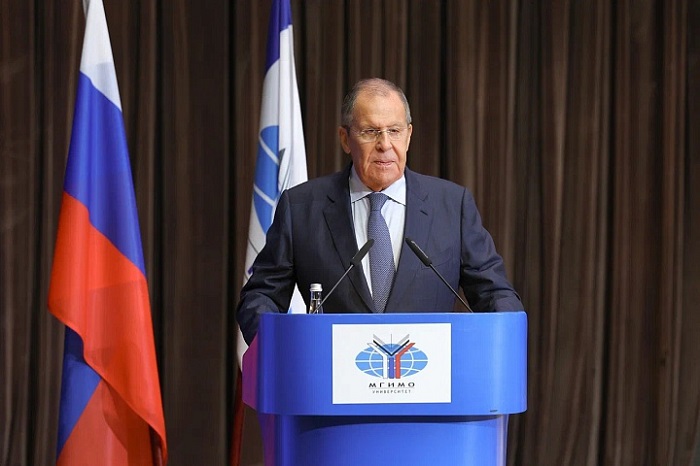Russia is working on preparations for the second Russia-Central Asia summit (Kazakhstan, Kyrgyzstan, Tajikistan, Turkmenistan, Uzbekistan), which will take place in the foreseeable future. This was announced on Monday, 2 September, by Russian Foreign Minister Sergei Lavrov, speaking at a meeting with students and faculty of MGIMO.
“There is also a “Central Asia+Russia” mechanism created several years ago. The first summit and several ministerial meetings have already been held. Now we are preparing the second summit meeting. It will take place in the foreseeable future,” Lavrov said.
He pointed to the ongoing competition in Eurasia for influence in Central Asia. Lavrov mentioned several existing formats like Central Asia+USA, CA+European Union, CA+Korea, Central Asia+Japan and others.
“We cannot forbid anyone to develop relations with those partners who are ready for this, if the country concerned sees this as an advantage. This is not in our rules and principles,” he continued.
“The Central Asian countries (the “five”) perfectly see the attention that surrounds them. And in the context of the processes – the formation of a Bigger Eurasian Partnership and the architecture of Eurasian security – they are one of the main actors. They are located in the center of the Eurasian continent. All the main transport routes that are currently being discussed and are in the project process will affect them one way or another,” the minister stressed.
“We have a complete understanding. And it is mutual that all the obligations that our allies have assumed within the framework of the CSTO, the CIS and the EAEU are not affected by the projects that other states offer them,” Lavrov said.
As the minister noted, Russia supports the mechanism of five-party consultations in Central Asia: “The Central Asian Five feels that in the face of such growing attention from many sides, it is necessary to develop their principles of relations with the outside world. They have created their own mechanism – five-sided consultations at the highest level. These are still informal consultations. But they help to understand each other better. We support this process.” ///nCa, 3 September 2024
